
Commentaries | Dec 29,2018
Executives of United Insurance have rewarded shareholders with generous results from last year’s operation, making them bag 15pc more earnings per share (EPS) than the previous year. EPS surged by 55 Br for a share to 370 Br after the company netted a 181 million Br profit, showing an increase of 25pc.
In the words of Mulualem Berhane, board chairman, this was recorded against the backdrop of “a country grappling with continued political and economic vulnerabilities.” He praised the outcome as “commendable.”
Abdulmenan Mohammed, a finance expert based in London, attributed the increase in EPS to the “modest growth in paid-up capital.”
Executives of United Insurance believe that the minimum paid-up capital requirement is on the low side, considering the continuous depreciation of the Birr against a basket of major currencies.
Shareholders who met at the Sheraton Addis last month agreed. They have resolved to increase the firm’s capital to 1.5 billion Br by the end of 2024.
United Insurance’s paid-up capital grew to 499 million Br, one million Birr short of the threshold capital authorities of the National Bank of Ethiopia (NBE) raised for general and long-term insurance businesses. Motor insurance, categorised under the general insurance business, takes the lion’s share of the industry’s premium portfolio, accounting for close to 55pc.
Agnes Boney is in charge of the firm’s Beklo Bet Branch. She observed that more policyholders appear to be covered under motor insurance than marine and fire insurance.
United Insurance is a pioneer in the private insurance industry, incorporated in 1994 with an eight million Birr paid-up equity raised from 84 shareholders. The insurance firm has 517 shareholders following its merger with Lion Insurance two decades ago; the only such consolidation occurred in the financial sector.
United Insurance wrote a gross premium of 953.9 million Br, registering a 30pc increase, retaining 70.5pc. However, this translated to a 2.5pc retention rate. Commissions earned from reinsurers went up by 38.5pc to 74.5 million Br in the reported year. Despite the reduction in retention rate, the rise in gross written premium was eroded by claims reaching 349.1 million Br, a 21pc increase.
Abdulmenan urged the management under Meseret Bezabeh to review the firm’s risk management practice.
Underwriting expenses soared by 39.7pc to 51 million Br as payroll and administration costs amounted to 217.2 million Br, showing a 25.2pc rise.
The CEO attributed the upsurge in expenses to galloping inflation that cannot be avoided.
A significant increase in expenses accompanied income growth.
United has earned 173.5 million Br from investment activities such as dividends, interest and rent, showing a 26.1pc increase. Regulators limit the gross retention of insurance business to no more than 10pc of the capital and reserves of insurance firms.
The total assets of United increased by 19.3pc to 2.16 billion Br, where investments held a significant share. The capital and non-distributable reserves represent 28.3pc of the total assets, reaching 611 million Br. This shows that United Insurance is a well-capitalised firm, according to the expert.
“The asset revalues and will double the current figure,” said Zafu Eyesuswork, a significant shareholder who was a founding CEO of United Insurance, running the firm for 17 years.
As a keen observer of the insurance industry, Zafu witnessed that United Insurance, along with other firms, has gained a reputation in the industry, despite failing to address the market at the bottom of the pyramid. He urged insurance companies to introduce micro-insurance policies that can accommodate the majority.
United Insurance’s liquidity position showed a decline in value and relative terms. Its cash and cash equivalents have increased to 51.8 million Br (20.7pc growth) while the ratio for cash and bank balance to total assets declined by a little over one percentage point to 2.3pc.
Abdulmenan warns the management to be concerned about operating in such a tight liquidity position. However, Meseret begs to differ.
“United is not at liquidity risk,” she told Fortune.
PUBLISHED ON
Jan 07,2023 [ VOL
23 , NO
1184]

Commentaries | Dec 29,2018
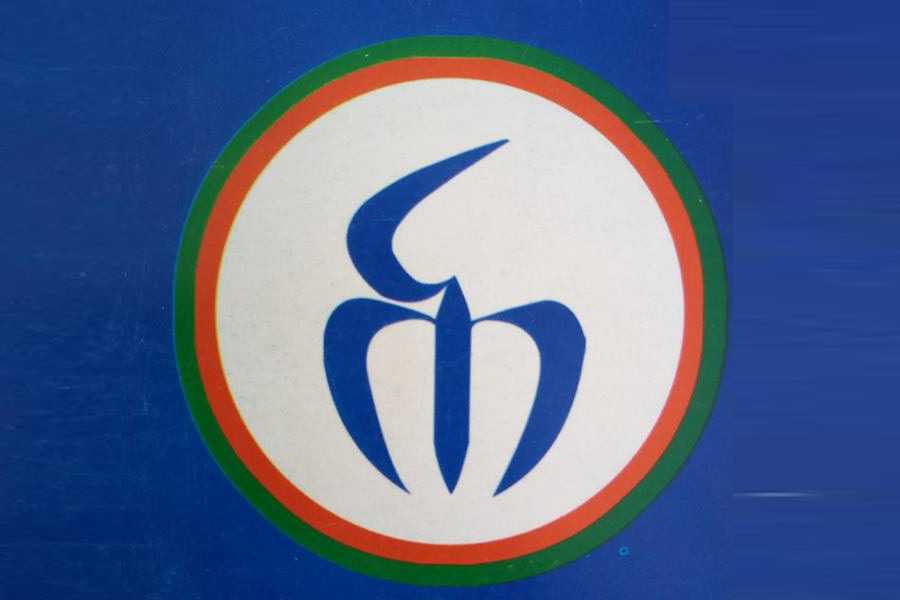
Fortune News | Dec 29,2018

Exclusive Interviews | Jan 05,2020
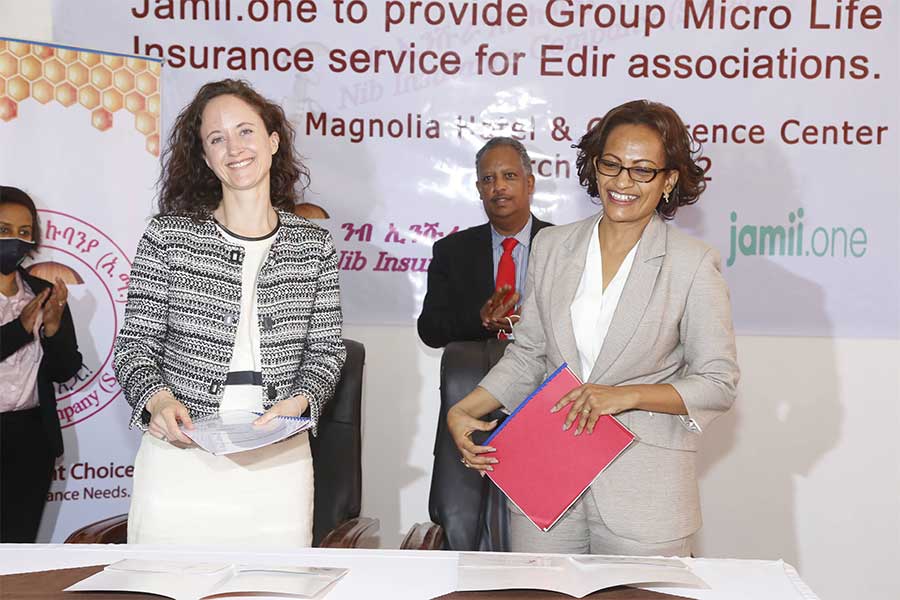
Fortune News | Mar 12,2022

Fortune News | Dec 25,2021

Radar | Nov 20,2021
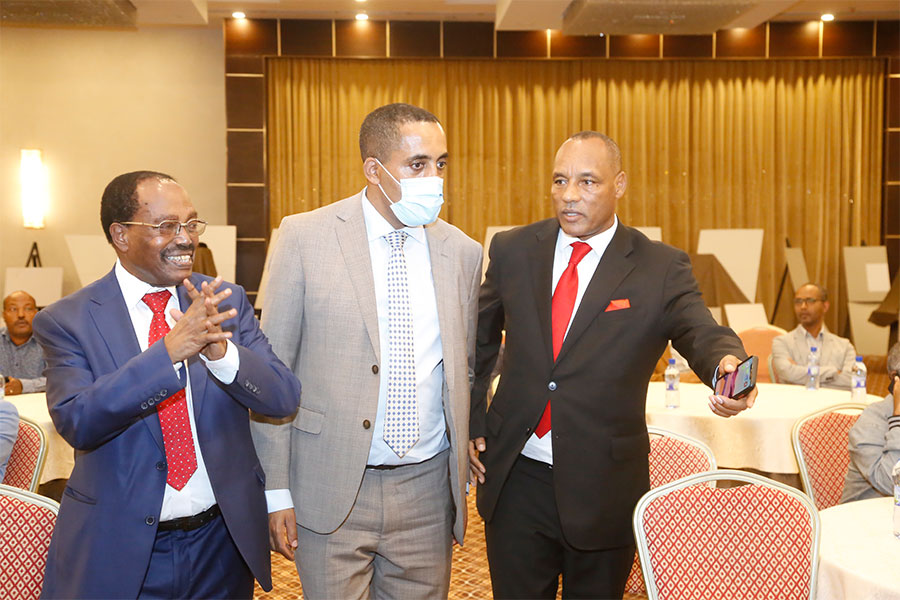
Fortune News | Apr 09,2022
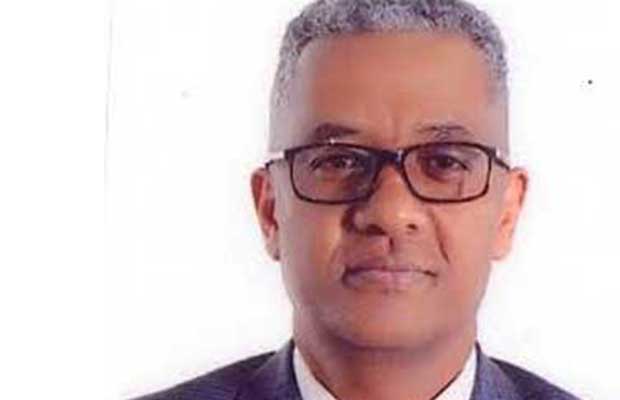
Exclusive Interviews | Jan 05,2020
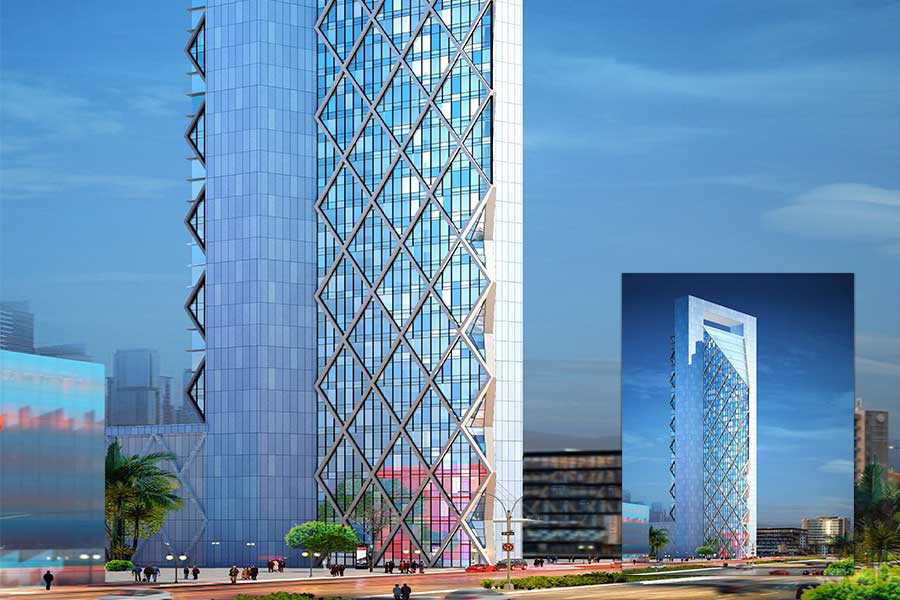
Fortune News | Dec 21,2019
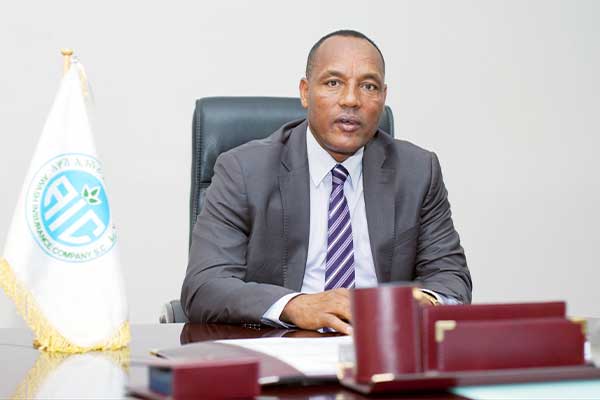
Exclusive Interviews | Jan 05,2020

Dec 22 , 2024 . By TIZITA SHEWAFERAW
Charged with transforming colossal state-owned enterprises into modern and competitiv...

Aug 18 , 2024 . By AKSAH ITALO
Although predictable Yonas Zerihun's job in the ride-hailing service is not immune to...

Jul 28 , 2024 . By TIZITA SHEWAFERAW
Unhabitual, perhaps too many, Samuel Gebreyohannes, 38, used to occasionally enjoy a couple of beers at breakfast. However, he recently swit...

Jul 13 , 2024 . By AKSAH ITALO
Investors who rely on tractors, trucks, and field vehicles for commuting, transporting commodities, and f...

Oct 25 , 2025
The regulatory machinery is on overdrive. In only two years, no fewer than 35 new pro...

Oct 18 , 2025
The political establishment, notably the ruling party and its top brass, has become p...

Oct 11 , 2025
Ladislas Farago, a roving Associated Press (AP) correspondent, arrived in Ethiopia in...

Oct 4 , 2025
Eyob Tekalegn (PhD) had been in the Governor's chair for only weeks when, on Septembe...